Giving comments on the draft Press Law (amended) at the 10th Session of the 15th National Assembly, delegate Doan Thi Le An - National Assembly Delegation of Cao Bang province highly appreciated the drafting agency for quickly absorbing and completing the draft law right after the National Assembly's group discussion session.
Researching the Report on the reception of the Ministry of Culture, Sports and Tourism shows that the drafting agency has expected to receive relatively complete opinions of delegates at the group discussion session. To continue perfecting the draft law, on the basis of studying the latest draft law, delegates participated in some specific opinions as follows:
Firstly, regarding the responsibility of the state for freedom of the press and freedom of speech in the press of citizens, Article 8. Clause 3 stipulates that "The press shall not be censored before printing, transmitting, broadcasting and publishing on cyberspace". The delegate said that the above provision ensures that, according to current law, press content is the responsibility of the press agency itself, not the state agency's review before publication. The provision is in accordance with the principle of freedom of the press, which is to be allowed to report news, reflect on events, analyze and comment, but it is necessary to clarify the limits, because the law is not censored does not mean that anything can be done.
In fact, the press is still subject to sanctions after publication if it violates prohibited acts such as distortion, disclosure of national secrets, false information causing damage, fabrication, and insulting organizations and individuals. Therefore, according to delegates, there needs to be a mechanism to control information in cyberspace. Although electronic newspapers are free to publish, network infrastructure providers and management agencies can still request the removal of violating information, which is considered a form of post-control supervision instead of pre-censorship.
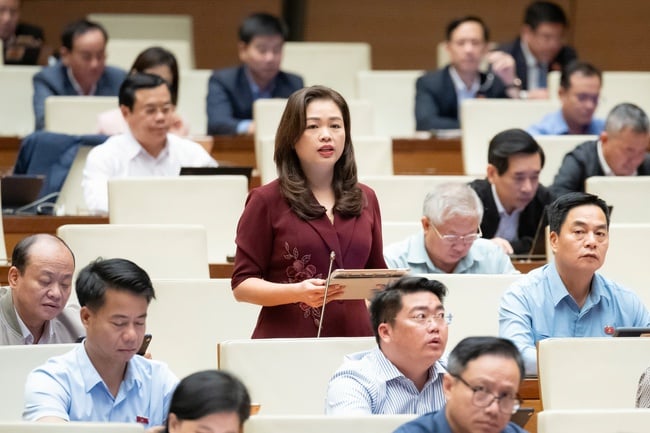
Delegate Doan Thi Le An - National Assembly Delegation of Cao Bang province
To ensure the strictness of the above provision, the delegate suggested that the drafting agency study and supplement the legal responsibility for the posted information and amend it as follows: "The press is not censored before printing, transmitting, broadcasting and publishing on cyberspace. However, press agencies and journalists are legally responsible for the posted information". This amendment still ensures freedom of the press according to the Constitution and international practices, no prior censorship but legal responsibility after, at the same time binding the legal responsibility of press agencies and journalists, avoiding the dissemination of false information, distortion or violation of regulations on security, order, human rights; ensuring transparency of the post-control mechanism, creating a legal basis for handling violations, and at the same time protecting the legitimate rights and interests of journalists.
Second, regarding the regulation on revocation of press agency operating licenses. Point c, Clause 1, Article 20 stipulates that "Press agencies that violate Article 9 of this Law causing serious impacts or more, or commit administrative violations that are handled many times, will have their press operating licenses revoked." According to the delegate, it is necessary to regulate the revocation of press licenses when causing serious impacts. However, it is necessary to clarify the definition of serious impacts. This definition does not have a scale or quantitative criteria, which can easily cause controversy about the level of violations.
For example, if false information spreads quickly, will it have a serious impact? Or the criteria for administrative violations being handled many times is also vague, not determining the number of violations or the period of violation or the period of time for calculating the violation, this can lead to arbitrariness in application and restrict press freedom.
Therefore, the delegate suggested that the Drafting Committee continue to study and perfect the criteria for determining serious impacts and multiple administrative violations. For example, being handled 3 times or more within 12 months without improvement, and at the same time, stipulate a progressive handling scale such as warning, administrative fine, temporary suspension and license revocation, before license revocation, along with adding the right to appeal the license revocation decision according to the provisions of law.
"The above amendment still ensures press freedom, that is, revoking the license is only the last measure after warnings, administrative fines, and temporary suspension, while creating clarity and transparency, criteria for serious impact and multiple administrative violations are specifically determined, avoiding arbitrariness, ensuring legal fairness, press agencies can still correct violations and complaints before being revoked, and finally, it is suitable for practice, the handling mechanism is gradually increased, ensuring deterrence but not abuse of power," the delegate expressed his opinion.
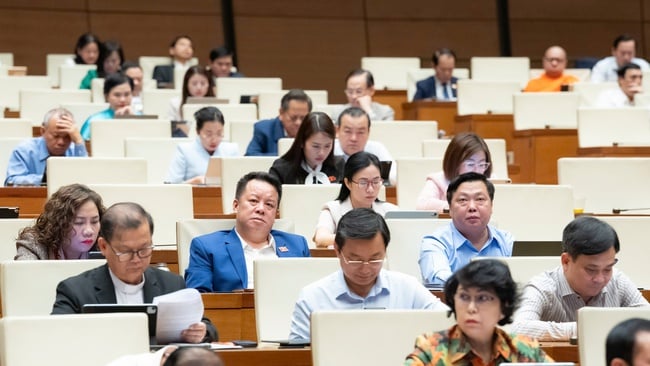
National Assembly delegates at the discussion session on the Press Law (amended)
Third, on the rights and obligations of journalists: Clause 2 mentions six points regulating the rights of journalists as stipulated in points a, b, c, d, dd, e. However, the delegate believes that the right to safety of journalists is still lacking, so the delegate recommends considering adding regulations on the right to safety protection of journalists when working in risky situations including natural disasters, fires, explosions, accident scenes, areas at risk of insecurity or sensitive contexts regarding security and order.
"Practice in recent times has shown that many journalists working at hot spots have faced high risks to their lives, health, or lack of timely support. The draft law currently does not have full provisions on the responsibility to protect journalists in these situations.
Therefore, I believe that the addition of the above regulation is necessary to ensure the people's right to access information, protect the safety of life and health of the press force, create a unified legal basis for the authorities to coordinate and support journalists at the scene, in accordance with international practices on protecting reporters when working in dangerous areas," the delegate expressed.
Delegate Doan Thi Le An proposed to amend and supplement Clause 2 as follows: Journalists working in areas of natural disasters, catastrophes, fires, explosions, emergency incidents, accident scenes or areas at risk of insecurity, areas sensitive to security and order must ensure safety of life, health, means of work and equipment within the permitted scope and conditions. Competent agencies at the scene are responsible for guiding the safe area, supporting journalists to work appropriately, implementing necessary protective measures and not illegally obstructing press activities. Press agencies are responsible for providing protective equipment and training safety skills for journalists working in dangerous environments.
In addition, the delegate also requested the drafting agency to study and add to the draft law regulations on support, training and fostering policies for journalists working in ethnic minority areas, mountainous areas, border areas, islands and areas with particularly difficult socio-economic conditions with the following contents:
First, ensure that journalists in specific regions have equal access to training programs, professional development, ethics and digital skills, and consider supporting costs for study, travel and materials.
Second, organize appropriate training formats including local mobile training and flexible online training to overcome limitations in infrastructure and travel conditions.
Third, supplementing specific training content such as knowledge of ethnic minority culture and society, community outreach skills, safety skills in risky areas and information security in the digital environment. Supplementing these policies will contribute to improving the quality of journalists in key areas, ensuring the flow of accurate and timely information to the people, and at the same time promoting the role of the press in socio-economic development in disadvantaged areas.
Source: https://bvhttdl.gov.vn/luat-bao-chi-sua-doi-hoan-thien-khung-phap-ly-de-bao-ve-nha-bao-20251126090740473.htm














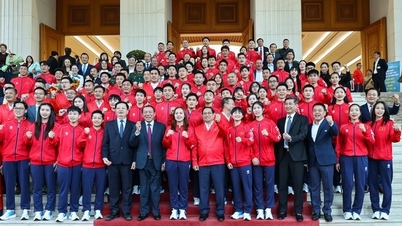
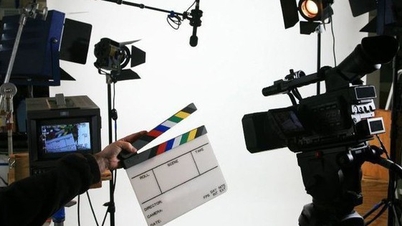
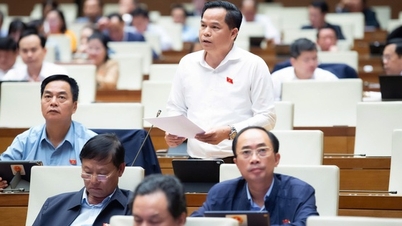




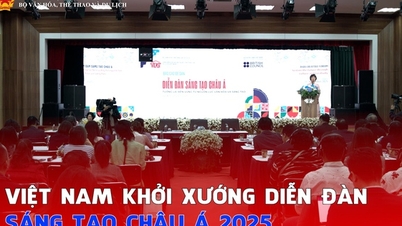
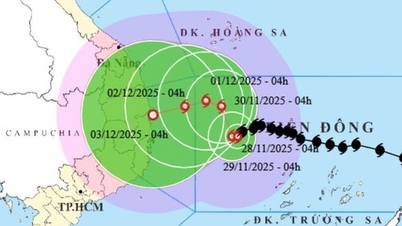

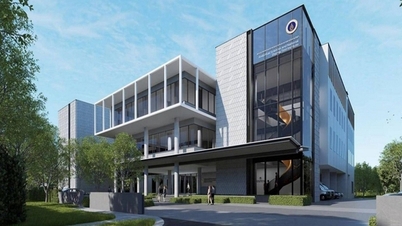
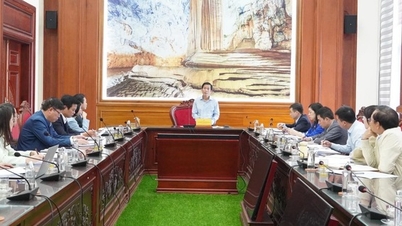
















































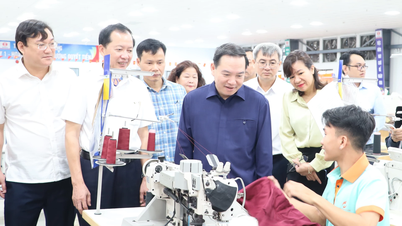

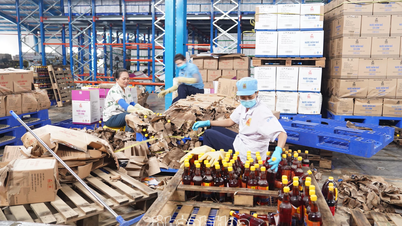
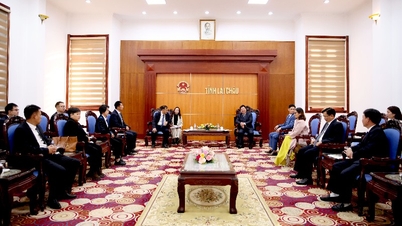

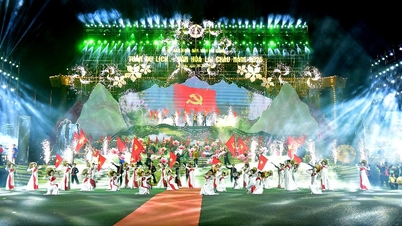











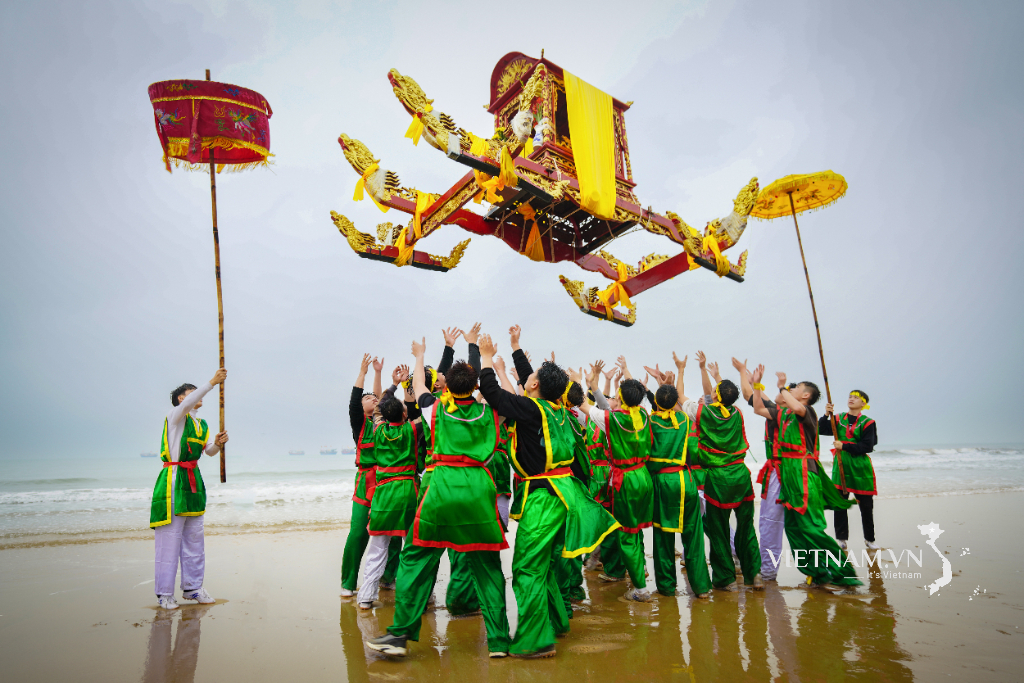



Comment (0)